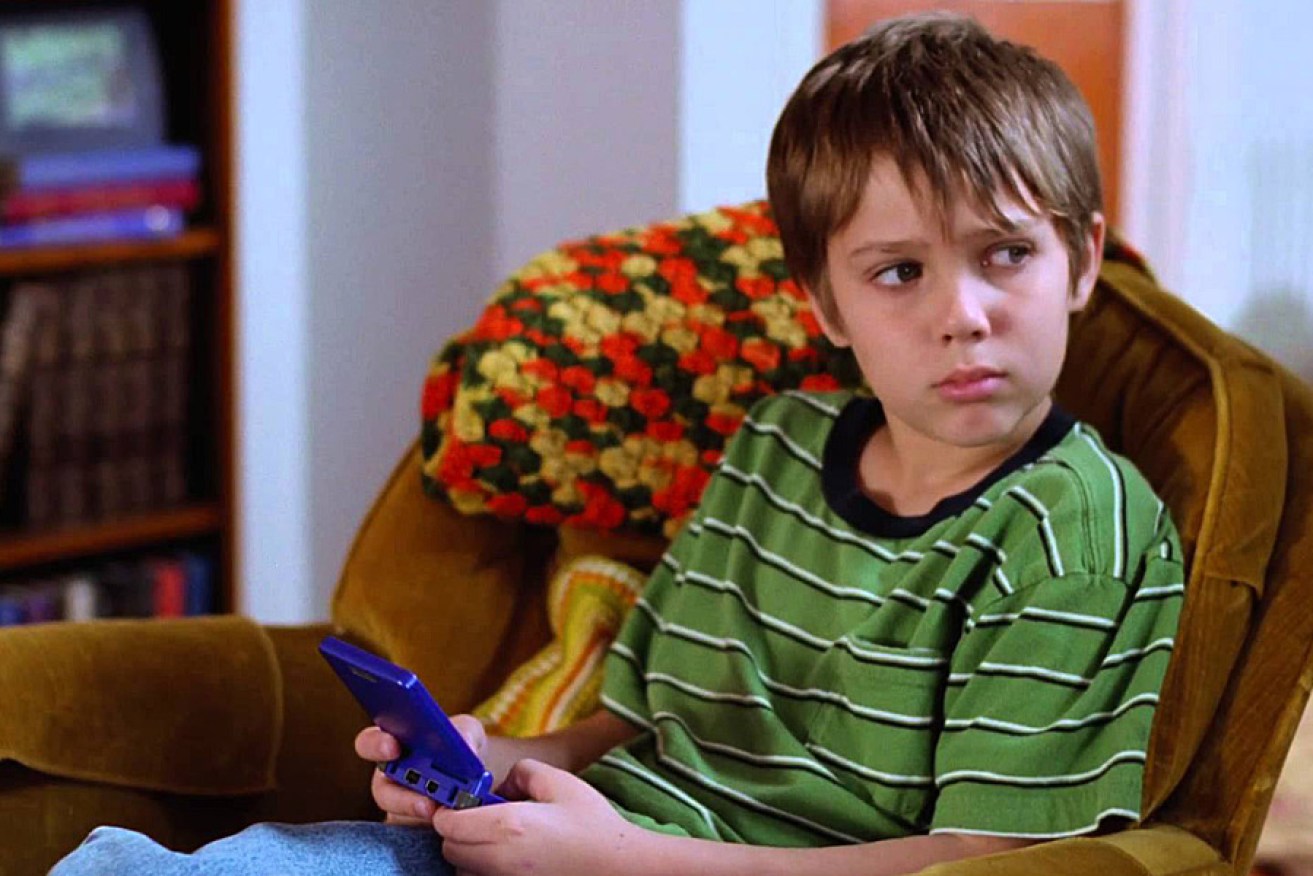The subjectivity of time will never cease to fascinate me – how can something so immutable be experienced at paces from the glacial (YouTube ads) to the impossibly fleeting (Eurovision)?
We visit with our families and we’re subjected to near-constant reminders of time’s passage – “You’re so tall”; “He’s all grown up”; “I remember when you were this big” – while our experience from day to day holds none of this wonder.
As every year gets shorter, you think how quickly time must pass for your 88-year-old grandmother. It’s an experience that is scary, universal and extraordinarily difficult to capture in most art, let alone cinema with its arsenal of timey-wimey fakery and manipulation designed to maximise dramatic effect.
Enter Richard Linklater, director of Boyhood. Clearly a man of vision, he shot this movie with the same cast over 12 years from 2002 to 2013, following one boy and his family.
Ellar Coltrane plays Mason, whom we see from the ages of six to 18 along with his single mother Olivia (Patricia Arquette), elder sister Samantha (Lorelei Linklater) and flaky father Mason Snr (Ethan Hawke), as well as an ever-changing cast of family and friends.
I could summarise the plot for you, but you already know it. What happens to families happens on screen – relationships form and dissolve, people grow, truths calcify and individuals get on with their lives. All the while, gradual physical changes assure us of the veracity of this project – Mason shoots up around age 14, Olivia’s laugh lines become deeper, Mason Snr’s flat stomach gives way to a middle-aged paunch.
Boyhood does not explicitly place itself in time – there are no “five years later” title cards. Linklater uses the soundtrack to great effect to place the movie temporally, along with sidelong references to current events.
The film is quite long, at 166 minutes. But this stretch of time is necessary for it to succeed; you lose yourself in this world, and by the end you struggle to remember the details of what came before, just burning moments – much like real life. Once you accept that the usual clichés of Feature Film Drama are null and void, you can begin to soak in the quiet genius of this work.
Coltrane’s performance as Mason is fascinating. It’s analogous to the feeling of watching the young actors in the Harry Potter franchise – the actors beginning as vessels for a grown-up creative team, then slowly asserting their own agency as they age. Coltrane’s main job in the first half of the film is physical – just grow as the world washes over you. As he matures, the role becomes more complex, and we see Mason transform into a brooding teen faced with the big decisions.
Arquette is stellar as Mason’s mum, bringing an arresting vulnerability to every stage of Olivia’s life. The other fascinating aspect of this film is being able to see behind the closed doors of parenthood – as I see Mason’s life mirror my own, I can see his parents’ struggles and triumphs without the distortive lens of the parent-child relationship, and imagine what my own parents must have dealt with while I was growing up.
For me, the film hit very close to home – the experience of boyhood is obviously mine to remember, and the film’s chronology nearly matches my own. It is astonishing to see this experience re-created so faithfully, and with such sensitivity. You believe while growing up that your experiences are unique, yet this film places Mason in dozens of situations that prompted flashbacks to my own past.
It has been easy for me to shed the skin of childhood and move into the adult world, so easy that I have left behind many memories – some joyous, some traumatic. Boyhood stirred that past, and I’m not yet sure what that means.
We are exposed to incredible confections in cinema thanks to ever-expanding graphics budgets. Space travel to lush alien worlds? Meh. Killer creatures from the bottom of the sea? Yawn. But Boyhood gives us a glimpse of what can be achieved with a generous budget of time rather than money, and it is an extraordinary piece of cinema.





